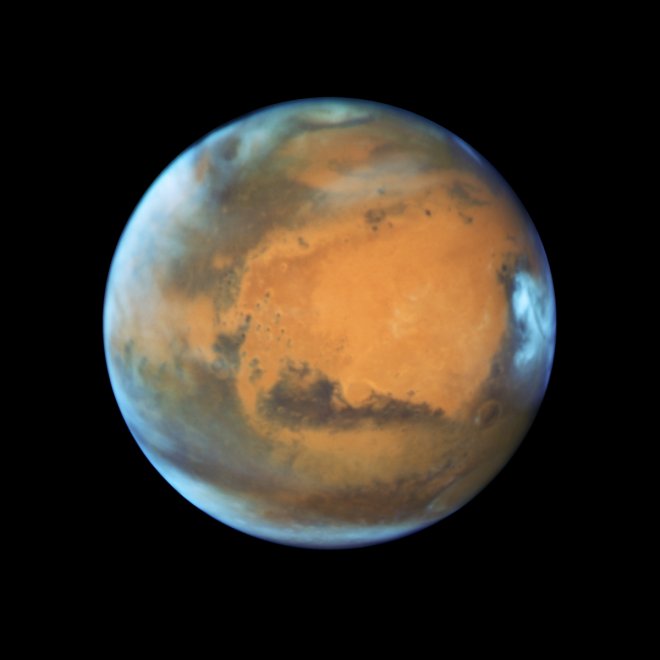
Space X founder Elon Musk will be undoubtedly in a state of ecstasy now, as scientists have grown earthworms in a Mars soil simulant for the first time. Earthworms play a crucial role in determining the health of Earth's soil, and now their reproductive success on the Martian soil has triggered the possibility of farming on the red planet.
Earlier, Elon Musk had announced his plans to colonize Mars by 2022, and this new finding will add more mileage to his plans.
Veteran biologist Wieger Wamelink at the Wageningen University recently found critters growing in the soil developed by NASA mimicking conditions on Mars. The reproduction of earthworms in a sustainable closed agricultural ecosystem similar to Mars is expected to create a revolution in Mars farming plans in the coming years.
Details of the research
Scientists are planning to fertilize the Martian soil using human waste. Due to practical reasons, Wieger Wamelink has used pig slurry to fertilize the soil used in the experiment. Manure was later mixed in the soil with adult earthworms, and interestingly, the worms survived the new conditions by eating and excreting dead organic matter.
"For a sustainable agricultural ecosystem on Mars, indoors and under earth like air and pressure, worms are essential. Nutrients in the dead plants must be brought back to the soil and worms help to do so. That the worms would thrive was not obvious, since there are heavy metals present in the soil and the sand grains can quite sharp," Wameling told Newsweek.
Even though the soil used in the experiment has similarities to that of Martian soil, Wamelink said that it is not completely identical to the soil in red planet.
According to Wamelink, perchlorate, a toxic chemical compound found on Mars, was absent in the soil used for the experiment. He also added that the low gravity on Mars could not be recreated in the laboratory.









